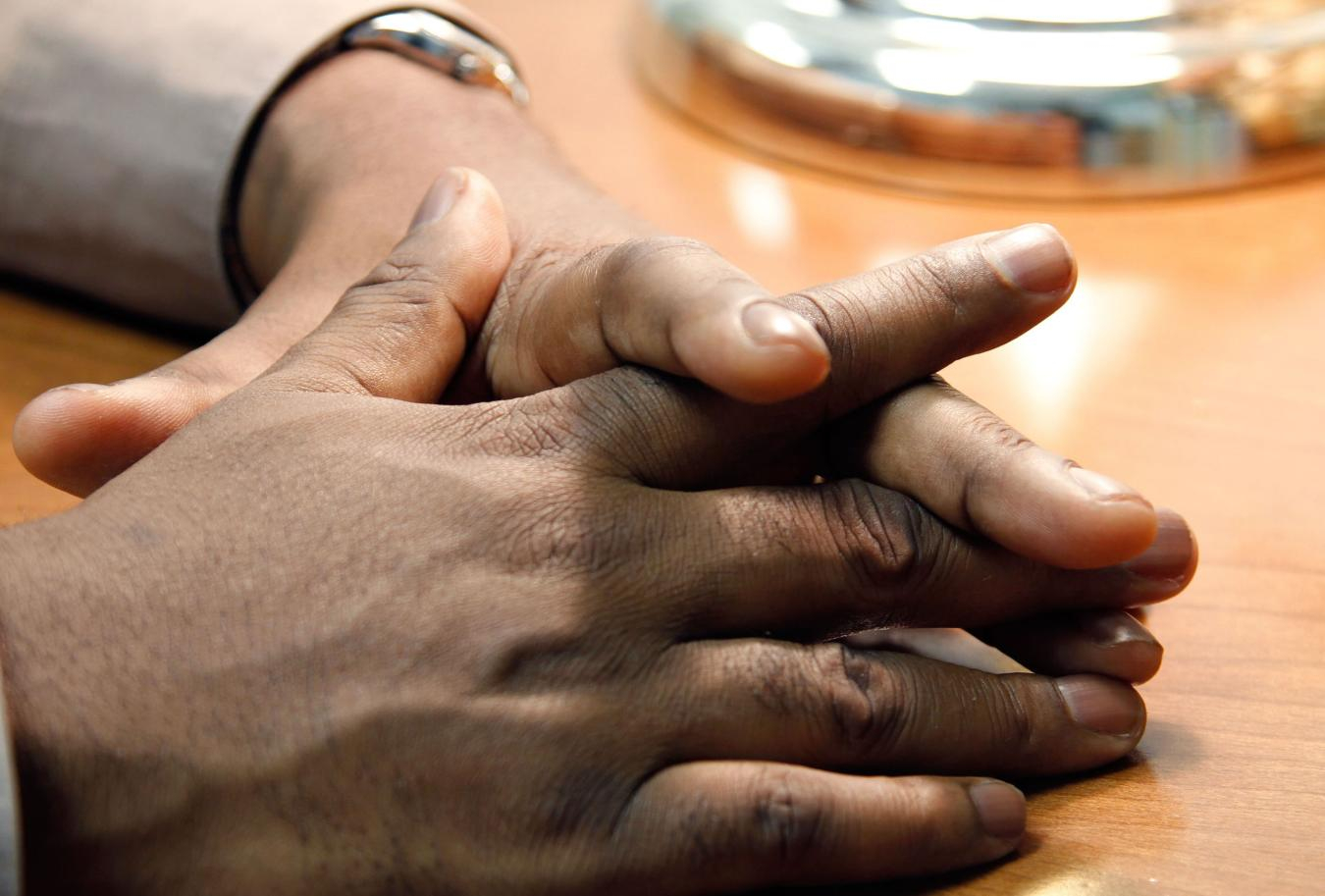Quick Facts
- Mental health issues can involve a range of challenges with mood, thinking patterns, sleep troubles, physical health, and relationships.
- Complex mental health issues are impactful, severe, enduring, or episodic. They can involve high levels of psychological distress, exposure to trauma, and/or conditions such as schizophrenia, personality disorders, and bipolar disorder.
- With the right support, people affected by complex mental health issues can live long and fulfilling lives.
-
About mental health
‘Mental health’ involves psychological, emotional, and social wellbeing. Mental health affects thinking, moods and emotions, actions and behaviours, and relationships.
Good mental health involves being able to manage day-to-day stress, and to deal reasonably well with the challenges life throws at us from time to time. It means experiencing satisfaction and pleasure in everyday life. It’s also normal to feel sad, lonely, angry, disappointed, or confused at times. These feelings are part of being human.

-
Mental health issues
People use different language to describe challenges with their mental health and emotional wellbeing. At SANE, we usually use the term ‘mental health issues’, but related terms include ‘mental ill-health’, ‘mental illness’ or ‘mental disorders’. We usually use ‘person with lived experience’ when referring to people who are affected by mental health issues. We acknowledge and respect that everyone has their own preferred language to describe their experiences.
It's estimated that around one in five Australians experience mental health issues every year (1)(1). Many people experience mental health issues like depression and anxiety disorders at some time in their life. Mental health issues can involve symptoms and experiences such as:
- Mood problems, such as feeling sad or low, angry, numb, or experiencing rapid changes in mood
- Anxiety, such as racing or catastrophising thoughts; physical symptoms such as a pounding heart and difficulty breathing; or feelings of panic
- Negative, self-critical, or intrusive thought patterns
- Sleep problems, such as trouble falling or staying asleep, oversleeping, or feeling fatigued
- Trouble with motivation or concentration
- Problems with drug or alcohol use
- Self-harm and suicidal ideation
- Problems with relationships, family and friends, work, or school.
-
Complex mental health issues
At SANE, we focus on supporting people are affected by ‘complex mental health issues’. This includes people who are affected by:
- High levels of psychological distress
- A history of traumatic events or complex trauma
- Symptoms and experiences that are impactful, severe, enduring, episodic, or not well understood.
It’s estimated that around 800,000 Australians experience complex mental health issues, or around 3% of the population (2).
People who experience complex mental health issues might experience symptoms and challenges like those described above. But they might be more challenging to manage, or impact on their lives in a more significant way. They may also experience certain types of symptoms like trouble managing strong and intense emotions, unusual beliefs or behaviours, and the impacts of trauma.
Some people with complex mental health issues identify with one or more diagnoses such as:
- Schizophrenia and psychosis
- Bipolar disorder
- Borderline personality disorder (BPD)
- Obsessive compulsive disorder (OCD)
- Post-traumatic stress disorder (PTSD) and Complex PTSD
- Eating disorders
- Dissociative disorders
- Severe depression and anxiety disorders.
SANE also supports people who experience co-occurring conditions such as autism, ADHD, or intellectual disability, and who also experience mental health issues.
-
Causes of complex mental health issues
Many mental health issues are first experienced in the late teens or early twenties, but they can also emerge later in life.
Most mental health issues are caused by a combination of genetics, life experiences, and lifestyle factors. It is difficult to predict who will experience mental health issues, as everyone is different. Factors can include:
- Genetic and neurobiological vulnerability
- Exposure to stress or traumatic events
- Relationships with parents and caregivers
- Drug and alcohol use
- Physical health problems
-
Living with complex mental health issues
Complex mental health issues vary in how long they affect people: sometimes people experience symptoms only once, whereas for others they can be recurring or a lifelong condition. They also vary in severity, as sometimes they can be mild and other times affect people significantly, across many areas of their life.
Complex mental health issues can involve long-term challenges. Many symptoms can be distressing and difficult to manage at times, and can impact on mental wellbeing, quality of life, physical health, and relationships with others. Sadly, there is also a lot of misunderstanding and stigma in the general community about complex mental health issues. Getting access to the right treatment and support, at the right time, can be difficult.
Still, many people living with complex mental health issues are able to thrive. With the right support, it is possible to manage symptoms well, predict or prevent flare-ups or episodes, and live a long and fulfilling life.
-
Treatment and support for complex mental health issues
‘Mental health recovery’ is not solely about eliminating symptoms. It’s also not about being ‘well’ versus being ‘unwell’. At SANE, we think of recovery as being about developing connections to others, feeling hopeful or optimistic about the future, and feeling a sense of empowerment.
Thankfully, there are many things which help people with mental health recovery. Many people learn how to manage their mental health through developing a routine, learning and practicing coping skills, and accessing information about mental health. Families, friends, and other trusted people also play a huge role in recovery.
Many people also benefit from accessing support from mental health professionals. Treatment and support options can include counselling and psychological therapies, peer support, medications, support in the community, and managing physical health problems.
See Facts & Guides for more information about treatments and support. -
Support and resources
- Lifeline – 13 11 14
- Suicide Call Back Service – 1300 659 467